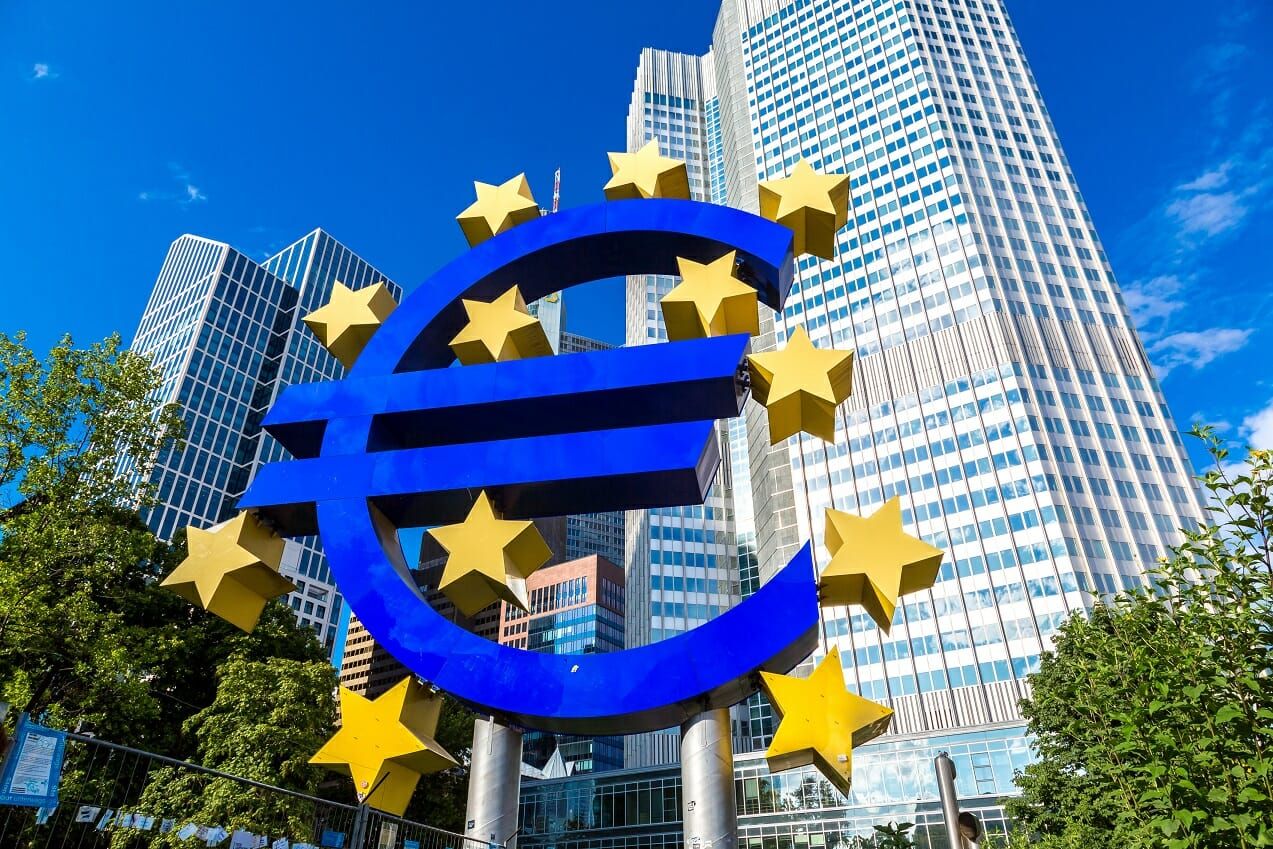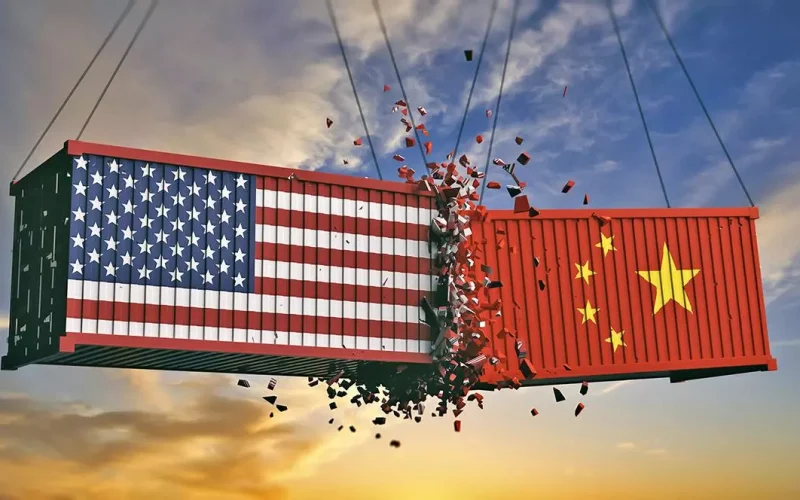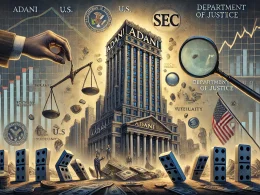Trade War Risks: Recession and Inflation in Europe
The potential for a new global trade war, particularly under the reintroduction of trade tariffs by the United States, poses significant risks to the European economy. With growing fears of increased protectionism, economic analysts warn that Europe could face a recession combined with persistent high inflation. This scenario, fueled by renewed trade tensions, could undermine economic stability and growth prospects across the region.
Backdrop of the Trade War
The possibility of a trade war stems from President-elect Donald Trump’s proposed tariffs on imported goods, with a broad 10% tariff on all imports and a targeted 60% tariff on goods from China. Europe, as one of the U.S.’s key trading partners, is seen as particularly vulnerable to these policies due to its dependence on exports to the U.S. The European Union (EU) already faces sluggish growth, with its economy expanding by just 0.2% in the most recent quarter, compared to 0.7% in the U.S.

Key Sectors at Risk
The impact of these tariffs would be disproportionately felt in critical European industries:
- Automobiles: Germany’s auto industry, a cornerstone of its economy, is heavily reliant on U.S. exports. Tariffs could exacerbate existing challenges, further straining this vital sector.
- Pharmaceuticals and Luxury Goods: These sectors, also major contributors to Europe’s export economy, could see reduced demand in the U.S. market due to higher prices caused by tariffs.

Economic Consequences
- Recession Risks: ING analysts predict that the eurozone could slide into a “full-blown recession” if the proposed tariffs are enacted. The uncertainty surrounding these policies may already be undermining business confidence, which is essential for economic stability.
- Inflation Pressures: Higher tariffs on imported goods would likely result in increased prices, compounding inflationary pressures. Europe is still grappling with elevated energy costs, a legacy of the geopolitical instability exacerbated by the Russia-Ukraine conflict.
- Policy Challenges: European governments would face a dual challenge of stimulating economic growth while managing inflation. This could limit their ability to respond effectively to the economic fallout of a trade war.
Global Implications
The effects of a trade war would not be limited to Europe. Globally, the disruption to trade flows could weaken investment and consumer spending. A study from Yale estimates that U.S. tariffs could reduce disposable income for American households, further decreasing demand for European exports.
Additionally, geopolitical uncertainties, including Trump’s stance on NATO and financial aid to Ukraine, add further complexity. European nations may need to allocate more resources to defense and regional stability, diverting funds from economic development initiatives.
Conclusion
A renewed trade war risks plunging Europe into a precarious economic position, characterized by recession and high inflation. Policymakers in Europe and globally must navigate these challenges carefully, balancing protectionist pressures with the need to preserve international trade relationships. Without coordinated action, the consequences could ripple through the global economy, compounding existing economic and geopolitical tensions









